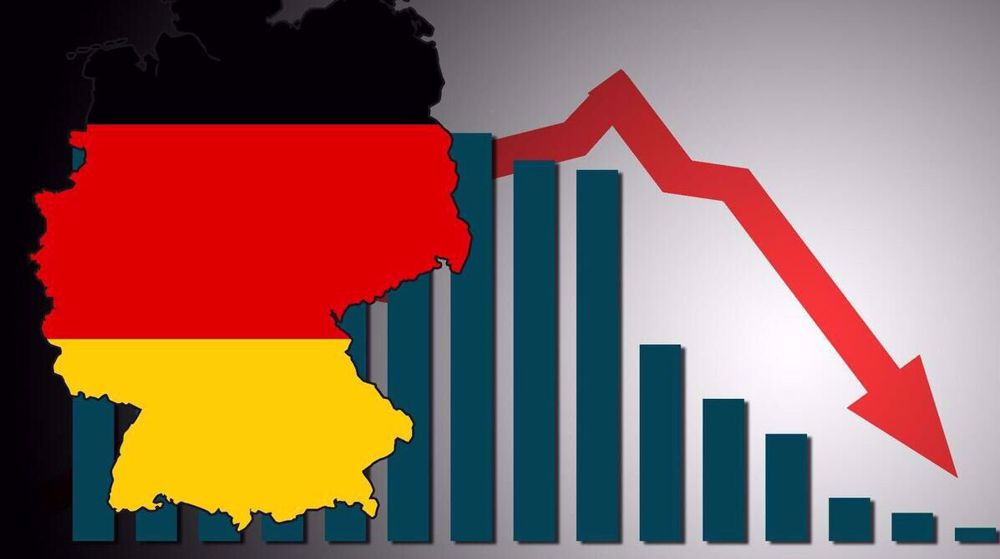South Africa's housing crisis
One of the problems that has plagued South Africa for decades now has been the housing problem, specifically low income housing. Affordable low-income housing has been neglected by the govt. of Jacob Zuma. It appears the govt. doesn't even have a long-term solution in place: it's obvious consequence: widening the divide between the rich and the poor, especially in the capital Johannesburg.
South Africa's housing problem has persisted throughout the decades, and the problem is multi-fold. First, Poverty: it has been a persistent issue for South Africa. Looking here, it is clear this is a problem. In January 2014 it was at 25.2% and although it dipped about percent in 2015, it hit a high of 12 and 1/2 year high of 27.1% in July 2016, only dropping slightly in January 2017 to 26.5%, which meant a small amount joined the labour force in early 2017.
Keep in mind as with many countries in the world, youth unemployment is much higher. Here. South Africa's youth unemployment is actually a whopping 52%: that is more than four times the rate for the rest of sub-Saharan Africa.
The next problem contributing to the housing problem: poverty. With the definition of poverty being people who live on less than 2 dollars per day, it is shocking to hear that at least 50% of South Africans live below the poverty line.
No wonder than there is a housing problem: there's an obvious question of affordability. But here's an interesting fact, which the govt. is trying to deal with, which sets the stage for the enormity of the housing problem in South Africa. The right to housing is enshrined in the constitution and arbitrary evictions are prohibited.
Much of the housing crisis in South Africa has been blamed on the govt. not doing enough for the needy. But is that approach fair? Nonetheless, this past year the ANC was dealt a heavy blow with South Africans venting their anger at the polls in an election that highlighted discontent over a poor economy
Take the city of Johannesburg as an example of the ANC's failure, at least in the eyes of its mayor, who was elected this past September. the city's mayor is not from the African National Congress (ANC), but instead from the pro-business Democratic Alliance (DA) opposition party.
South Africa's townships: it is worth looking at what the country looks like, the year 2016 marking 22 years since apartheid had ended. The country boasts democracy, yet about forty percent of South Africa's households live in townships settlements near cities where blacks were forced to live under white minority rule.
One killed as Israeli airstrike hits southern Lebanon amid truce breaches
Iran says it has enough deterrence without nukes
EU’s IRGC listing shows elite force effective in foiling Israeli plots: Yemen
VIDEO | Europe hostile move against IRGC
VIDEO | Zionists against the NHS
Trump compromised by Israel, Epstein files reveal
Iran, China, and Russia to hold joint naval exercise
Leader visits Imam Khomeini’s mausoleum ahead of 47th anniversary of Islamic Revolution









 This makes it easy to access the Press TV website
This makes it easy to access the Press TV website